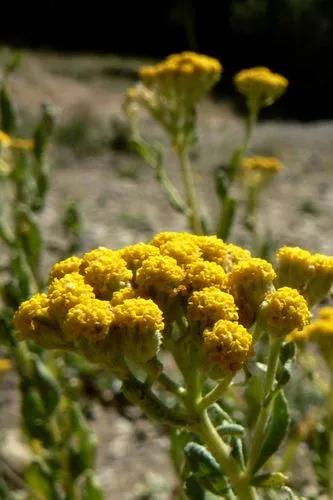Hypericum humifusum is a prostrate flowering plant in the St. John's wort family Hypericaceae commonly known as trailing St John's-wort.It is found in Western Europe.
Trailing St John'S-Wort. Care
Hypericum humifusum



Hypericum humifusum is a low-growing, hairless perennial. The thin trailing stems have two raised lines and bear opposite pairs of pale green elongated oval leaves, often with tiny translucent glands. The undersides of the leaves have tiny black dots on the edges. The flowers are about 1 cm (0.3 in) across and grow from the leaf axils. There are five sepals of unequal size and five yellow petals, often with a few black dots, and not much larger in size than the sepals. The stamens are united at the base into bundles. The fruits are dry.There are several species of St John's-wort in Britain and Ireland, but this is one of the less commonly seen of the group ans easily distinguished by its creeping or trailing growth form. It is a low, creeping plant and much smaller than most other Hypericum species. The flowers are typically 8 to 10mm across.Herbaceous plant, glabrous. Stems are numerous, outstretched, branched, green in color, 3-12 cm long. Leaves are oval or oblong-oval, 4-16 mm long and 1.5-6 mm wide, obtuse, smooth edges, pinpoint glands, black, sparse. Flowers are few, solitary, or collected in a bunch of 3-4 flowers. Inflorescence - panicle, 2 cm long, 0.6 cm wide. Bracts are oblong-oval, 3 mm long. Calyx deeply separate, 4.5-5.5 mm long. External sepals are oblong-oval, 4-5 mm long and 1.8-2 mm wide. All other sepals are narrow-oblong, 4-5 mm long and 0.8-1.3 mm wide.
This plant is useful.
How to get rid of: Constant weeding. the manual method is your best option. But it is still more effective and, most importantly, much safer than using chemicals.
How to Care for the Plant

Popularity

56 people already have this plant 17 people have added this plant to their wishlists
Discover more plants with the list below
Popular articles






